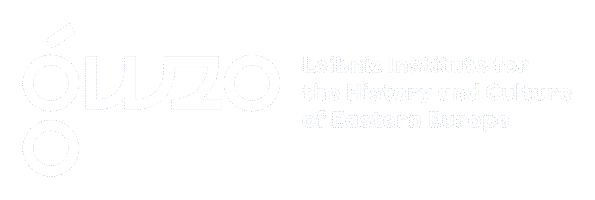Investigation of the emergence and conditions, the practices and effects of civil engagement in the preservation and enhancement of the residential heritage in four cities of Western Siberia and European part of Russia.
The subproject 3 "Civic Practices" of the first phase of cities.building.culture (2021-2024) was lead by Prof. Carola Neugebauer (cultural heritage and planning | SKE, RWTH Aachen University) together with Liubov Krutenko (RWTH Aachen University) and Sofia Borushkina (Politecnico di Milano) in collaboration with Dr. Maria Gunko (University of Oxford, researcher in the project EMPTINESS).
By studying the historical residential districts in the cities of Nizhny Novgorod, Ivanovo, Novosibirks and Tomsk, this sub-project explores the emergence, practices, conditioning local contexts and effects of civil society involvement in the preservation and valorization of urban heritage. The planned research methods are a systematic analysis of social media, guided interviews and focus group discussions, document analysis and field observations.
The project pursues a set of research questions:
- What types of civil activism can be identified in the preservation and further development of the historical housing stock?
- What actors become involved and why? What contexts, institutions and alliances hinder or promote their involvement?
- What existing urban structures and values does civil engagement focus on (or not) – and why?
- What civil practices and framework conditions can encourage greater appreciation of the existing building fabric in urban development?
The project is structured in five work packages. The work package 1 serves to develop the basic research model and design for the examination of civil society involvement in urban conservation. Drawing on thematic research and regional studies, a model is developed that supports the description and explanation of civil activism in neighbourhood development and anticipates interfaces with other urban actors and arenas of action. Based on expert interviews and media analysis, one city will be selected as sample locations for each of the studies in Western Siberia and the European part of Russia . So far, we preselected the cities of Nizhny Novgorod, Ivanovo, Novosibirks and Tomsk.
Aim of work package 2 is to carry out a model-based analysis of civil activism in Western Siberian case study towns Primary data will be collected by means of observations, social media analyses and guided interviews (with activists, politicians, and representatives of the municipal administration and the private sector). The results of the survey will be discussed publicly and with experts from practice and research at a regional conference, and contextualized with additional regional examples. In work package 3, we continue the work programme for the two case study towns in the European part of Russia.
In work package 4, the aim is to hone the project findings in interdisciplinary and transdisciplinary dialogue. To this end, three focus group workshops are conducted, namely with international experts of urban activism and heritage research (Aachen workshop), with European and post-Soviet practice experts from urban planning and heritage conservation (Novosibirsk workshop), and with civil activists in this field (Moscow workshop). Follow-up surveys are possible.
Finally, the work package 5 serves to amalgamate the results of the work and to hone the project outcomes for the Research Network of CITIES BUILDING CULTURE. Continuous project tasks include knowledge transfer in the form of publications and university teaching as well as the involvement in the Research Network’s activities, especially participation in producing the handbook on urban conservation.









